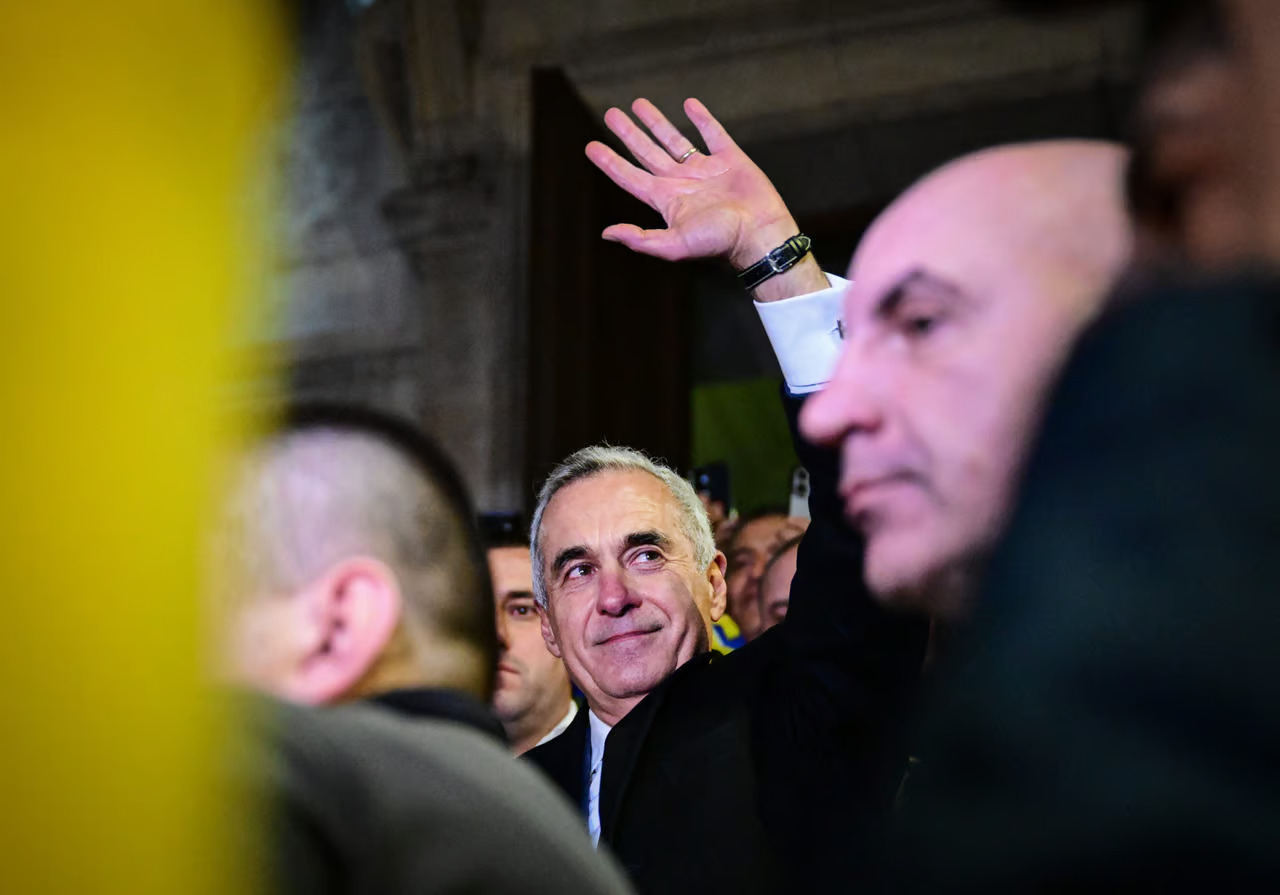Elon Musk, once celebrated for his groundbreaking innovations in technology, has now emerged as a polarizing figure in global politics, particularly within right-wing circles. Through his platform X, formerly known as Twitter, Musk has become a key amplifier of conservative and far-right voices, significantly impacting the political narratives in the United States and Europe.
Musk’s influence is most evident on X, where his ownership has transformed the platform into a haven for unrestricted political discourse. By reinstating previously banned accounts and altering content moderation policies, Musk has allowed controversial figures, including far-right leaders, to regain prominence. His public endorsements and retweets often propel such voices into mainstream discussions, further deepening his role as a facilitator of right-wing ideologies.
In the United States, Musk’s political leanings have sparked fierce debates. From engaging with Republican policymakers to amplifying conspiracy theories during election cycles, his actions have fueled speculation about his broader political agenda. Critics argue that his public statements and online activity have not only legitimized fringe ideas but have also exacerbated divisions in an already polarized society.
Across the Atlantic, Musk’s influence extends to Europe, where his platform has amplified nationalist and populist voices. Right-wing leaders have leveraged X to push anti-immigration rhetoric and euroskeptic narratives, finding in Musk a tacit ally who champions free speech above all else. This alignment has raised concerns among European officials about the potential destabilizing effects of his unmoderated approach to political discourse.
Beyond social media, Musk’s political engagements have not been without controversy. His flirtations with far-right ideologies, including public endorsements of polarizing candidates and the dissemination of unverified information, have drawn criticism from both political and corporate spheres. Detractors argue that his actions undermine democratic principles and contribute to the normalization of extremist views.
However, Musk’s defenders see him as a champion of free expression and an antidote to what they perceive as censorship in mainstream media. They credit his platform for giving a voice to those marginalized by traditional political and media establishments, framing his influence as a necessary disruption in an era of political correctness.
As Musk’s global political footprint continues to grow, so do the debates surrounding his role in shaping the modern political landscape. While his contributions to technology remain unparalleled, his political ventures reveal a complex interplay of influence, ideology, and controversy that is reshaping the boundaries of leadership in the digital age.
The implications of Musk’s political influence are profound. As his platform becomes an increasingly powerful tool for shaping public opinion, the question remains whether his engagement represents a new form of political entrepreneurship or a dangerous entanglement of power and ideology. For now, Elon Musk remains a defining figure in the intersection of technology and global politics, a role as transformative as it is contentious.

.jpg)



